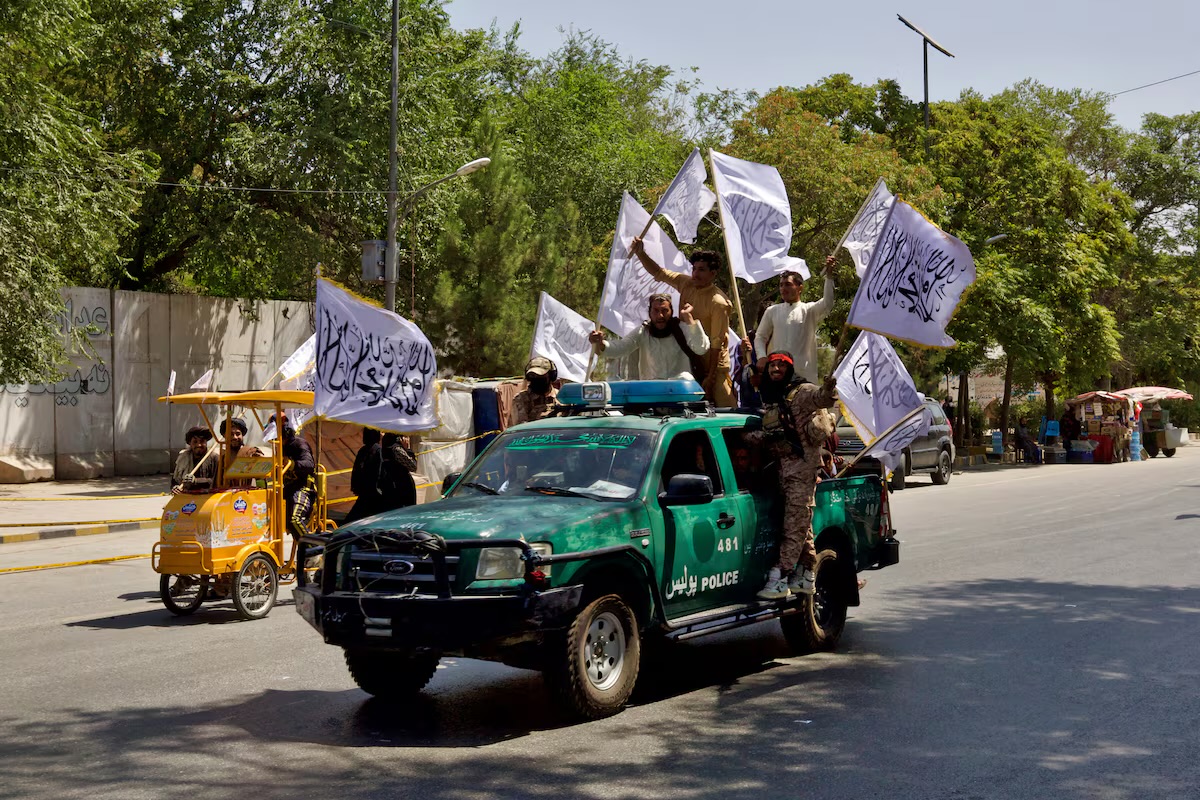The United Nations mission in Afghanistan (UNAMA) reported on November 26 that the Taliban authorities have detained journalists 256 times since they took power in August 2021, according to Reuters. The UN called on the Taliban to ensure better protection for media workers and uphold press freedoms.

In response, the Taliban-led foreign ministry denied the number of detentions, calling the figure an "exaggeration." They claimed that those arrested had broken the law and that their detentions were legitimate.
UNAMA, alongside the UN Human Rights Office, highlighted the challenging conditions faced by journalists in Afghanistan under the current regime. Roza Otunbayeva, the UN Secretary-General’s Special Representative, emphasized the unclear rules that journalists must navigate, leaving them vulnerable to intimidation and arbitrary detention, especially when perceived to criticize the government.
“We urge the de facto authorities to ensure the safety and security of all journalists and media workers as they carry out their tasks, and to fully recognize the importance of women working in the media,” Otunbayeva stated.
Taliban codify strict morality laws, mandate face coverings for women and beards for men
— Daryo | Central Asia & Afghanistan (@DaryoEng) August 25, 2024
The 35-article morality law mandates full-body attire for women, prohibits men from shaving beards, bans music in cars, restricts women's travel without male guardians, and forbids media… pic.twitter.com/CwbOKNpWTj
In a rebuttal, the Taliban foreign ministry acknowledged that women were still active in the media sector but under strict conditions, such as covering their faces and working separately from men, in accordance with their interpretation of Islamic law. The ministry also criticized the UN report, claiming it did not accurately reflect the situation in Afghanistan.
The Taliban, which seized control of the country after the withdrawal of US and NATO forces, has faced international criticism for its crackdown on women's rights and press freedom. While the Taliban administration has not been formally recognized by any foreign government, Western diplomats have emphasized that the path to recognition remains hindered by these human rights concerns.
The foreign ministry reiterated that detentions were carried out in accordance with the law, listing alleged violations such as defamation of the government, spreading false information, and collaborating with anti-Taliban forces.
The UN's call for protection of journalists underscores the increasing restrictions on press freedom in Afghanistan, where many media outlets have faced closures or self-censorship due to fear of retaliation.
Follow Daryo's official Instagram and Twitter pages to keep current on world news.
Comments (0)